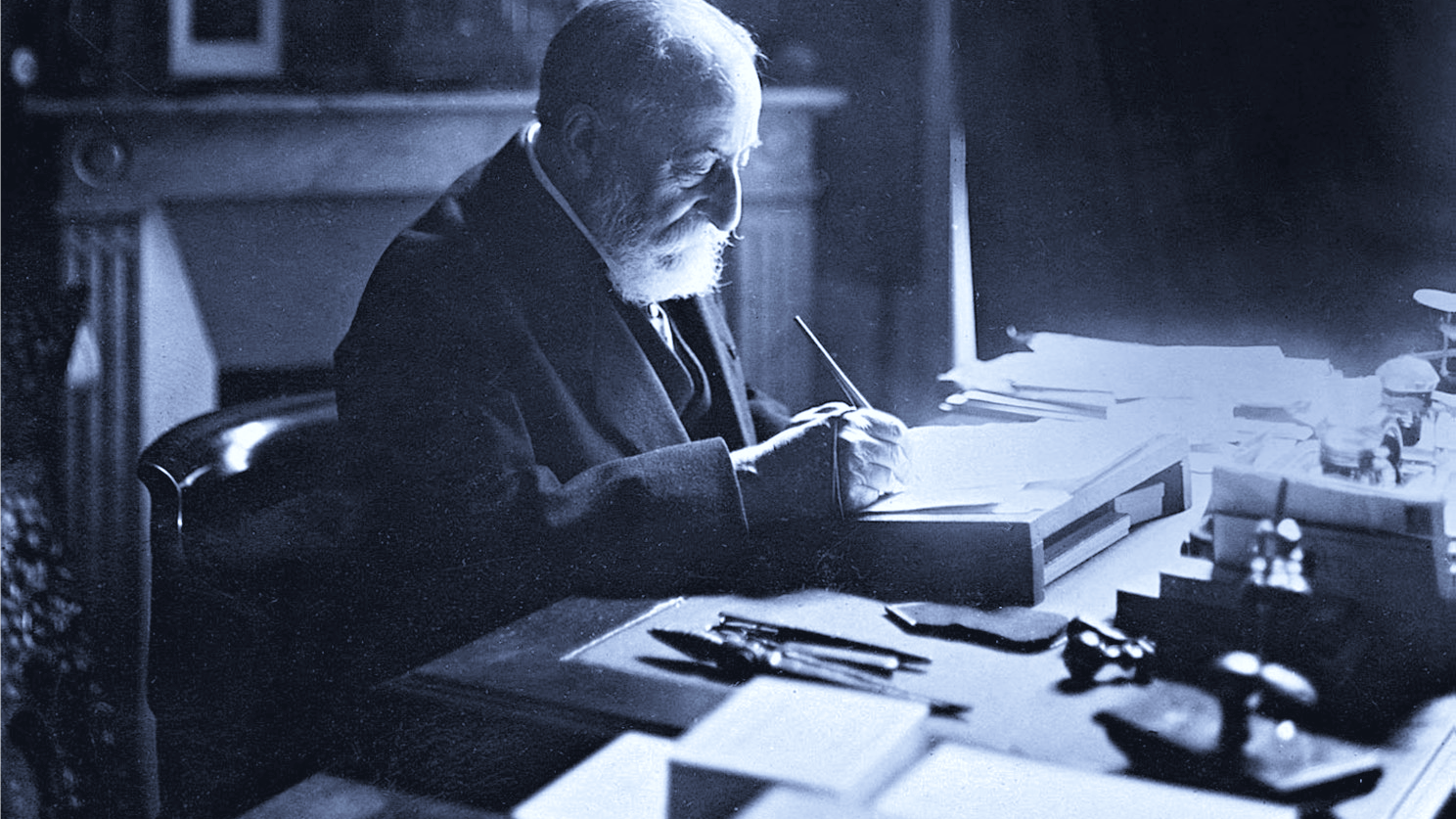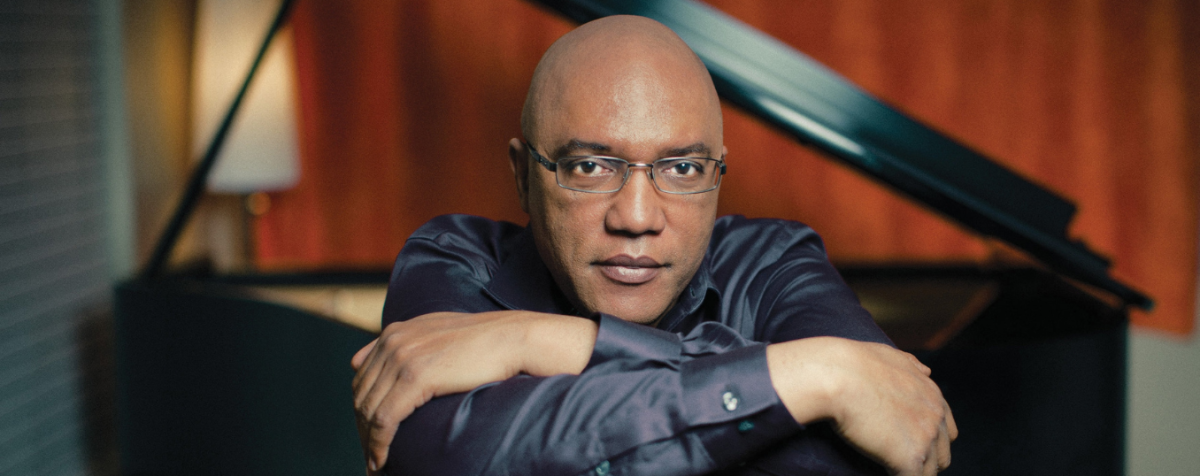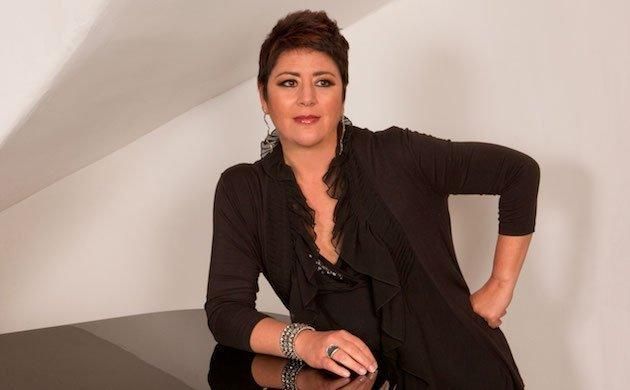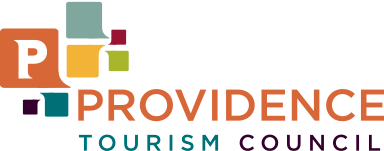SEASON FINALE: The RI Philharmonic Orchestra’s concludes 2018-19 season with Tchaikovsky, Prokofiev and Shostakovich, May 3-4
Share
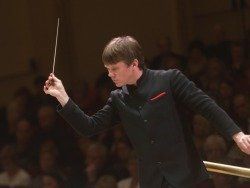
Alexander Mickelthwate conducts; soloist Benjamin Beilman
performs Prokofiev’s First Violin Concerto
The TACO Classical concert is on Saturday (May 4) at 8 p.m.
The Amica Rush Hour concert is on Friday (May 3) at 6:30 p.m.
For the Rhode Island Philharmonic Orchestra’s season finale, the Orchestra welcomes conductor Alexander Mickelthwate to The VETS stage for Tchaikovsky’s 1812 Overture and Shostakovich’s Ninth Symphony. Soloist Benjamin Beilman performs Prokofiev’s First Violin Concerto.
“I’m thrilled to be conducting the season finale. It’s such a wonderful Orchestra with a great reputation. Personally, it’s a real honor. I have known Larry Rachleff and Bramwell Tovey for many years, two maestros for whom I have the highest respect. The program is truly Russian with the 1812 Overture being the ultimate blockbuster. Again and again I’m amazed at Tchaikovsky’s genius for writing melodies that are so beautiful, fun and timeless. And, of course, there is no other work with cannon shots, church bells and La Marseillaise. Benjamin Beilman is a star and the real deal. To have him play Prokofiev’s First Violin Concerto will be an absolute treat. The amazing thing about the piece is that Prokofiev was able to write a work that combines high virtuosity, soulful melodies and Russian Impressionism. The Ninth Symphony of Shostakovich has its own place in history as Shostakovich struggled with the question of how to ever write ‘his’ Ninth Symphony after Beethoven’s. Shostakovich’s solution? To create a piece, completely personal, with biting wit, as a showcase for the virtuosity of the individual instruments.”
–Conductor Alexander Mickelthwate
***At A Glance***
TACO Classical Series Concert
Saturday, May 4, 8 p.m.
Alexander Mickelthwate, conductor
Benjamin Beilman, violin
SHOSTAKOVICH: Symphony No.9
PROKOFIEV:Violin Concerto No.1
TCHAIKOVSKY: 1812 Overture
Amica Rush Hour Series
Friday, May 3, 6:30 p.m.
Alexander Mickelthwate, conductor
Benjamin Beilman, violin
SHOSTAKOVICH: Symphony No.9
TCHAIKOVSKY: 1812 Overture
BUY TICKETS
Tickets start at $15 (including all fees), and can be purchased online at tickets.riphil.org, in person from the RI Philharmonic Orchestra Box Office in East Providence, or by phone 401.248.7000 (Mon.-Fri. 9 a.m.-4:30 p.m.). On day of concerts only, tickets are available at The VETS Box Office (Friday, 3:30 p.m.–showtime; Saturday, 4 p.m.-showtime). Discounts are available for groups of 10 or more. Questions can be emailed to boxoffice@riphil.org.
About Alexander Mickelthwate, conductor
Alexander Mickelthwate is the newly appointed Music Director of the Oklahoma City Philharmonic and Music Director Emeritus of the Winnipeg Symphony Orchestra. He started his career in North America as Assistant Conductor for the Atlanta Symphony Orchestra and then Associate Conductor of the L.A. Philharmonic under Esa-Pekka Salonen. He has guest conducted for the New York and Rochester philharmonics, Saint Paul Chamber Orchestra, Orchestra of St. Luke’s, and the Chicago, Seattle, Houston, Vancouver, Milwaukee and Toronto symphonies.
Mr. Mickelthwate made his European debut in 2006 with the Hamburg Symphony, and conducted the Stuttgart Radio and Royal Scottish National orchestras, Deutsche Kammerphilharmonie Bremen and NDR Hannover. In South America, he conducted Sao Paulo Symphony and Simón Bolívar Symphony Orchestra in Venezuela. He made his Australian debut with the Adelaide and Tasmanian symphony orchestras where he recorded the Mozart piano concerti Nos.7 and 10 with the Silver-Garburg Piano Duo. He has conducted two world premieres of percussion concerti by Vincent Ho with Dame Evelyn Glennie.
Deeply rooted in his German heritage, Mr. Mickelthwate began his tenure in Winnipeg with an inventive Beethoven cycle, pairing these great symphonies with other revolutionary compositions. His interpretation of Bruckner’s Symphony No.7 prompted pianist Anton Kuerti to write a letter to the newspaper saying, “I would like to call attention to the stunning performance heard after the intermission. To play Bruckner’s Symphony No.7 with the passion, profundity, emotional intensity, subtlety and degree of perfection achieved by conductor Alexander Mickelthwate and the Winnipeg Symphony can only be called miraculous.” Mr. Mickelthwate has since led the orchestra on the first out-of-province tour since 1979, with an all-Tchaikovsky program at the National Arts Center in Ottawa.
For three years, Mr. Mickelthwate significantly contributed to the critically acclaimed Winnipeg Symphony Orchestra Indigenous Festival. Passionate to connect with all cultures, he created artistic collaborations between the First Nations and Western cultures that culminated in the performances of Stravinsky’s The Rite of Spring and Revueltas’ Les Noches de los Mayas with new choreographies of contemporary and First Nations dance. Mr. Mickelthwate broadened the repertoire of Winnipeg New Music Festival, an international institution, by forming new collaborations and connecting with different audiences.
Born and raised in Frankfurt, Germany, he hails from a musical family. He received his degree from the Peabody Institute of Music and studied conducting under Frederik Prausnitz and Gustav Meier as well as with Seiji Ozawa, André Previn, Daniel Barenboim and Robert Spano at Tanglewood.
About Benjamin Beilman, violin
Highlights of Mr. Beilman’s 2017-18 season include performances with the Houston, Oregon, North Carolina and Indianapolis symphonies, and Orchestra St. Luke’s, as well as a multi-city tour of California playing and directing the New Century Chamber Orchestra in a program including Bach, Stravinsky and Andrew Norman. In recital, he premiered a new work written for him by Frederic Rzewski and commissioned by Music Accord, presented by Boston Celebrity Series and Shriver Hall, and toured throughout the United States during the last two seasons. Abroad, Mr. Beilman made his Australian concerto debut with the Sydney Symphony where he performed Jennifer Higdon’s Concerto, and debuted with the Scottish Chamber Orchestra and Trondheim Symphony. He performed the European premiere of Frederic Rzewski’s new work at the Heidelberg Spring Festival and returned to the Wigmore Hall in recital.
Mr. Beilman has received several prestigious awards such as a Borletti-Buitoni Trust Fellowship, an Avery Fisher Career Grant and a London Music Masters Award. In 2010 he won first prize in the Young Concert Artists International Auditions. As the top winner of the 2010 Montréal International Musical Competition and winner of the People’s Choice Award, Beilman recorded Prokofiev’s complete sonatas for violin. In 2016, he released his first disc for Warner Classics entitled Spectrum, featuring works by Stravinsky, Janáček and Schubert. Mr. Beilman plays the Engleman Stradivarius from 1709 generously on loan from the Nippon Music Foundation.
Stories behind the music
1812 Festive Overture
Peter I. Tchaikovsky (1840-1893)
Composed to celebrate: The events of 1812 were to be celebrated in 1881 with the dedication of the Cathedral of Christ the Savior in Moscow (demolished by Stalin in 1931), and the authorities were looking for suitable music. About the same time, there was to be a grand Exhibition of Industry and the Arts, which also needed appropriately festive opening music. Through Nicolai Rubinstein, commissions were offered to Peter I. Tchaikovsky for an orchestral work. He chose the exhibition as his patron but referred indirectly to the cathedral through the music’s program and the inclusion of a sacred hymn at the beginning.
Listen for this: Chief among the main themes is the French national anthem, La Marseillaise. However, bombast in the coda is 1812 Overture’s real glory. The last gasp of La Marseillaise to the accompaniment of rushing scales, percussion and cannon fire prepares the way for the Russian national anthem (at that time), God Save the Czar, which peals from the woodwinds, brass and a separate brass band.
Violin Concerto No.1 in D Major, Op.19
Sergei Prokofiev (1891-1953)
Style inclinations: The musical style of Sergei Prokofiev ran to extremes—often within the same composition. In his late autobiography, he identified no fewer than four major trends in his music: (1) lyrical and melodic; (2) innovative and emotional; (3) toccata elements, chiefly driving, motoristic rhythms; and (4) classical elements.
Listen for this: Prokofiev’s intent in the first movement of this work incorporates the first and second trends. Marked Andantino, the music focuses on a dreamy principal theme, the mood of which dominates everything.
Symphony No.9, Op.70
Dmitri Shostakovich (1906-1975)
Reflects humanism: The Ninth Symphony was Shostakovich’s personal celebration of the war’s ending. It holds a vast range of emotion and philosophy from the dance of life to the grief of death. The work is a complete humanistic portrait.
Listen for this: Descriptive comments on the symphony by Grigori Schneerson, a prominent, very objective Soviet musicologist of the time, included: “The opening bars of the first movement transport us at once to a bright and pleasant world. There is joyous abandon, the warm pulsation of life, and the exuberance of youth in those whimsical dance themes and rhythms….”
